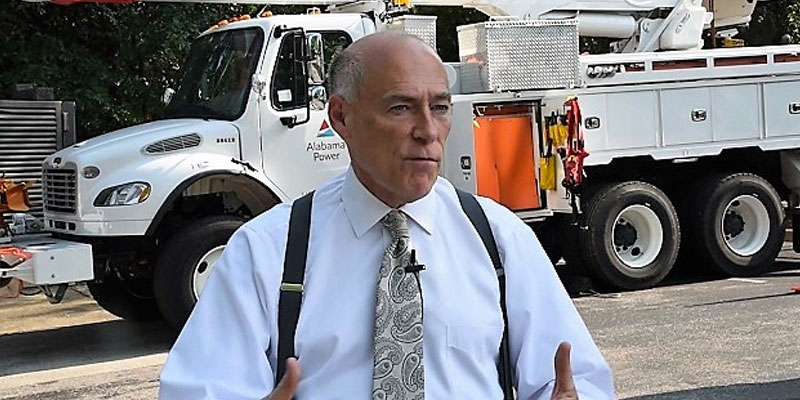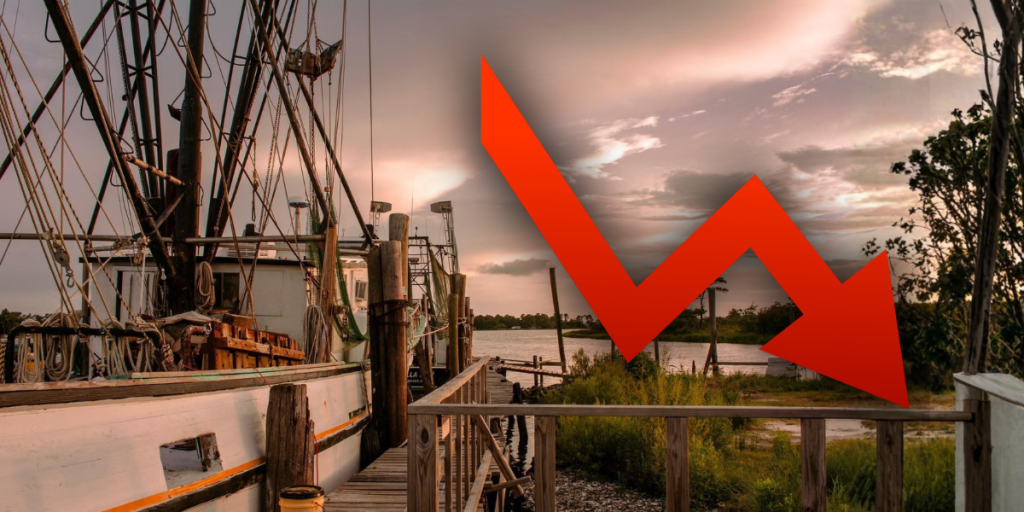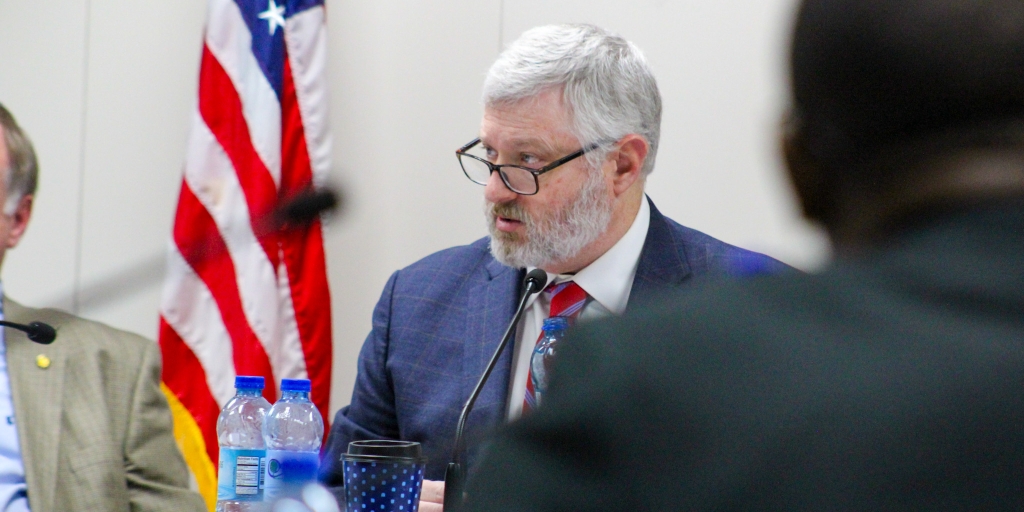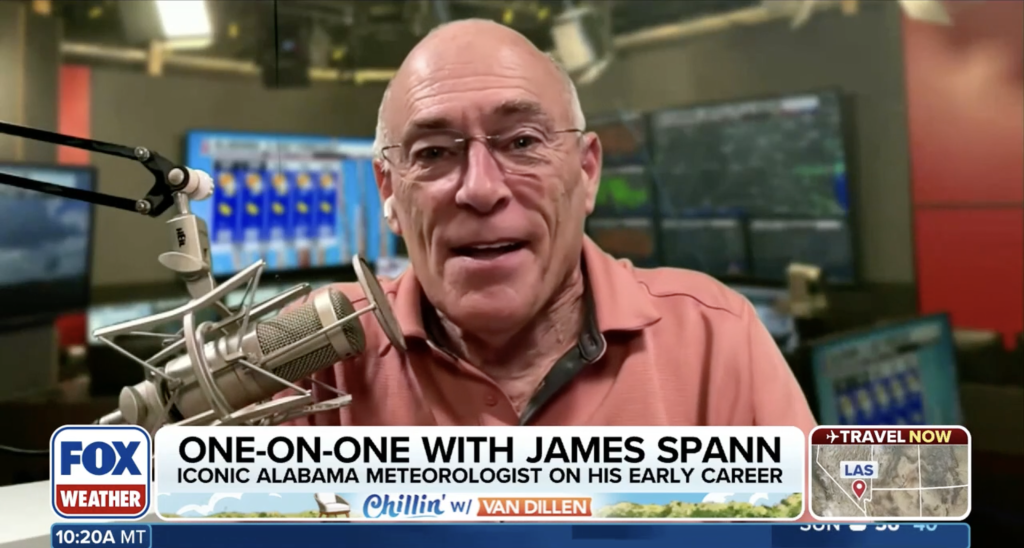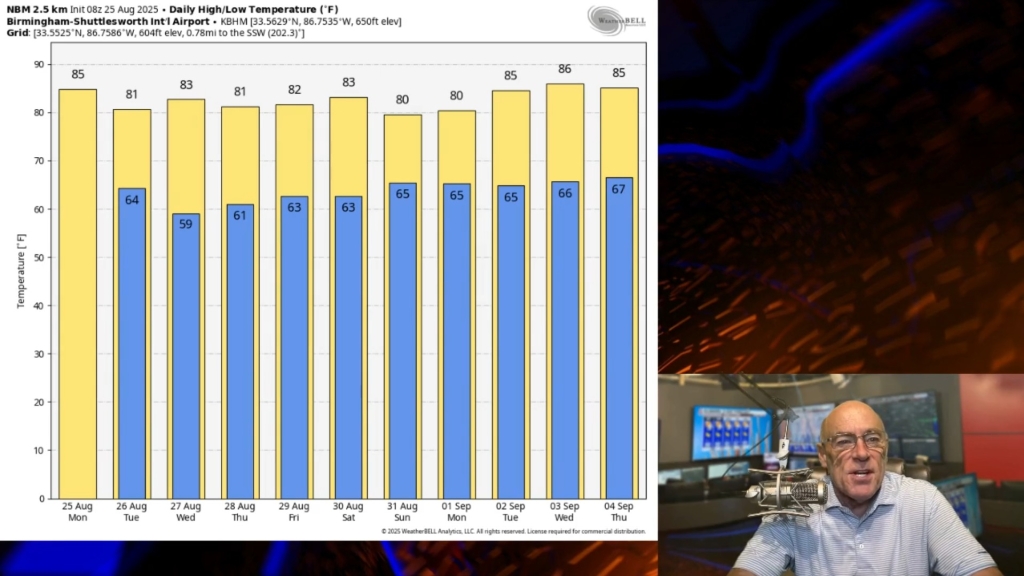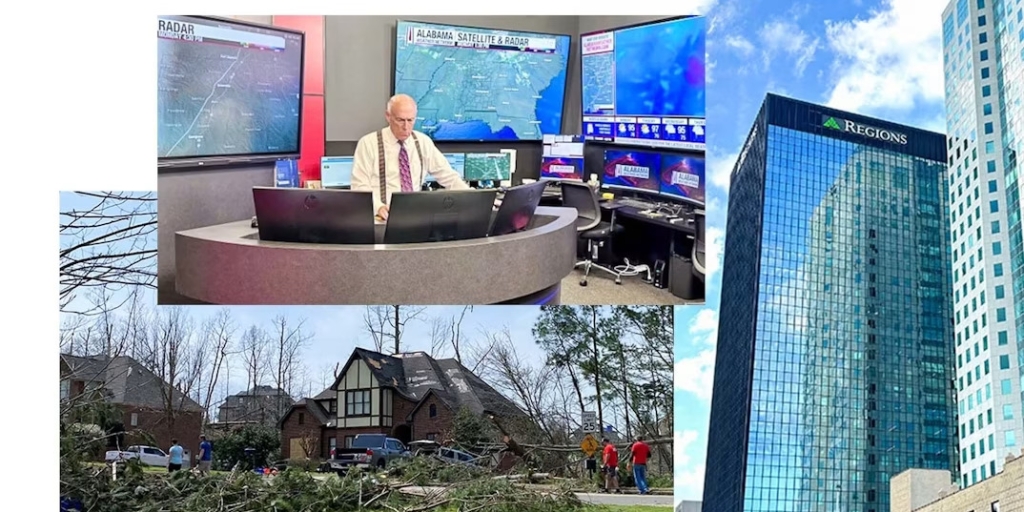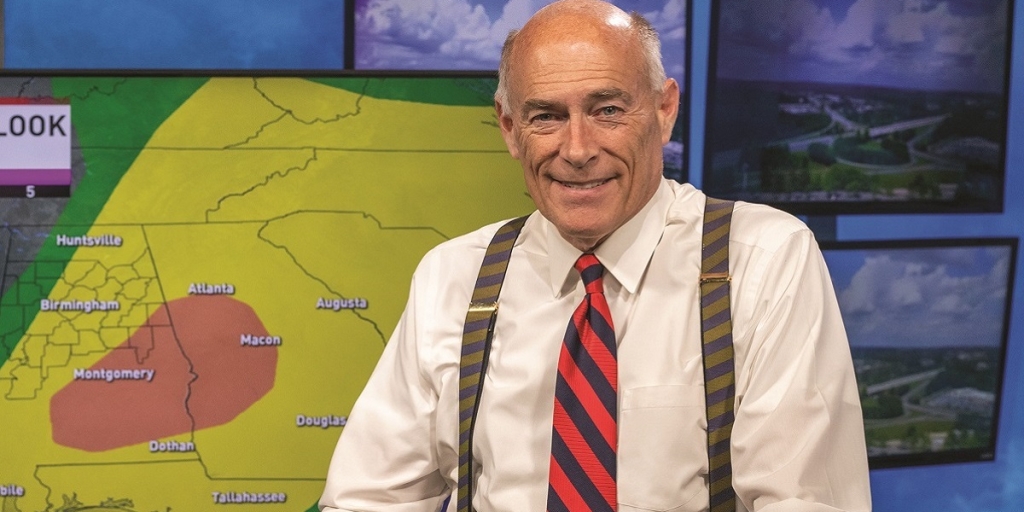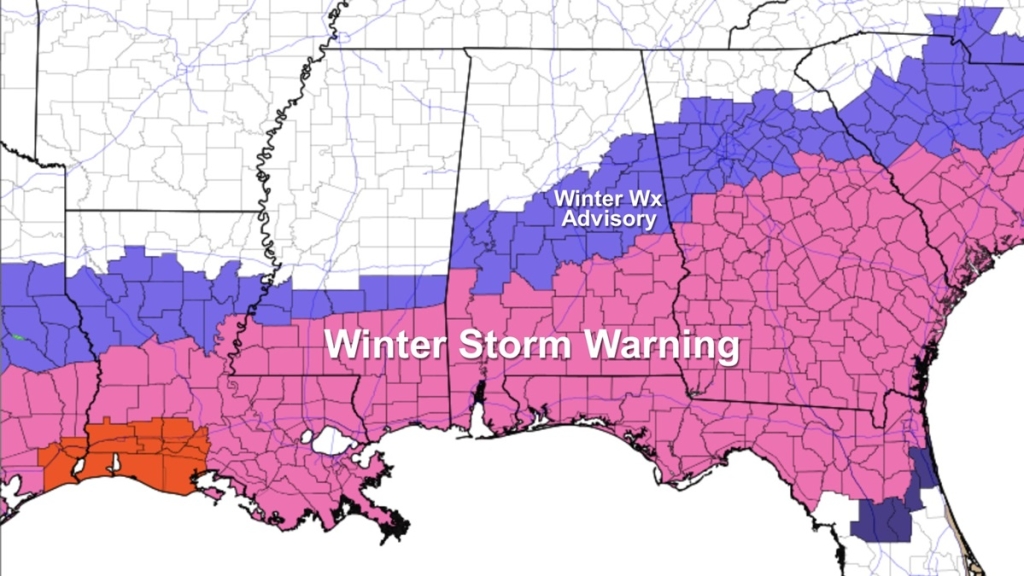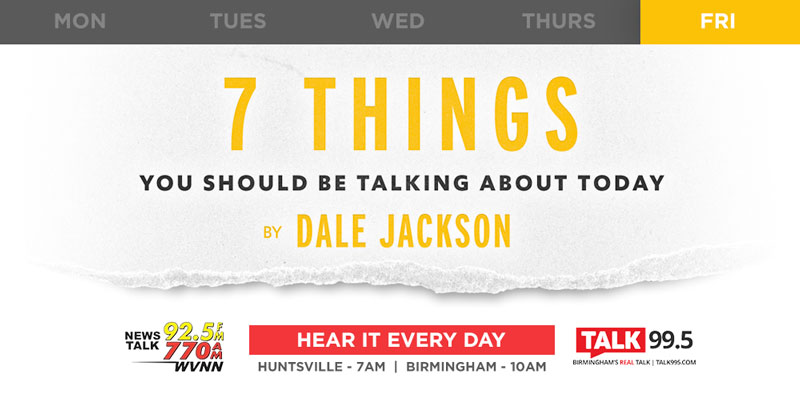We’re hearing of bomb cyclones, atmospheric rivers and a polar vortex. Some weather outlets have even taken to naming storms.
In fact, at its recent convention, the American Meteorological Society discussed the use of hyperbole in describing various weather events.
James Spann, ABC 33/40 chief meteorologist and perhaps the state’s most well-known forecaster, weighed in on the topic.
“The terms ‘bomb cyclone,’ ‘atmospheric river,’ and ‘polar vortex’ are all legitimate meteorological terms, and have been used in science for years.” he said. “Seems like the national media just started using them within the past five years.”
Spann is not a fan of the naming of storms.
“The weather enterprise (NWS, private sector, etc.) does not name winter storms,” he said. “That is done by The Weather Channel, mostly as a marketing stunt.
“I am not a fan.”
Dr. John Christy, distinguished professor of Atmospheric and Earth Sciences at the University of Alabama in Huntsville, also discussed the use of hyperbole with meteorological events.
“The main reason for using such terms is to grab eyeballs onto a media platform,” he said.
“Think about it, which would cause you to click on the story, ‘A channel of relatively high moisture values is expected to arrive in California this week’ or ‘a massive atmospheric river will crash into California this week’?”
Christy, the state climatologist, also said the weather events that are being labeled with hyperbole have been going on for thousands of years.
“The truth is, these events have been part of the climate system for millennia – it turns out that in our observational history, the heaviest atmospheric river episode by far for California was in 1861-62,” he said. ” … and paleoclimate records show even the 1861-62 event was superseded several times in the last 2,000 years.
“This month’s flooding in California is not unprecedented at all.”
Austen Shipley is a staff writer for Yellowhammer News.




